SUMMARY
This is AI generated summarization, which may have errors. For context, always refer to the full article.
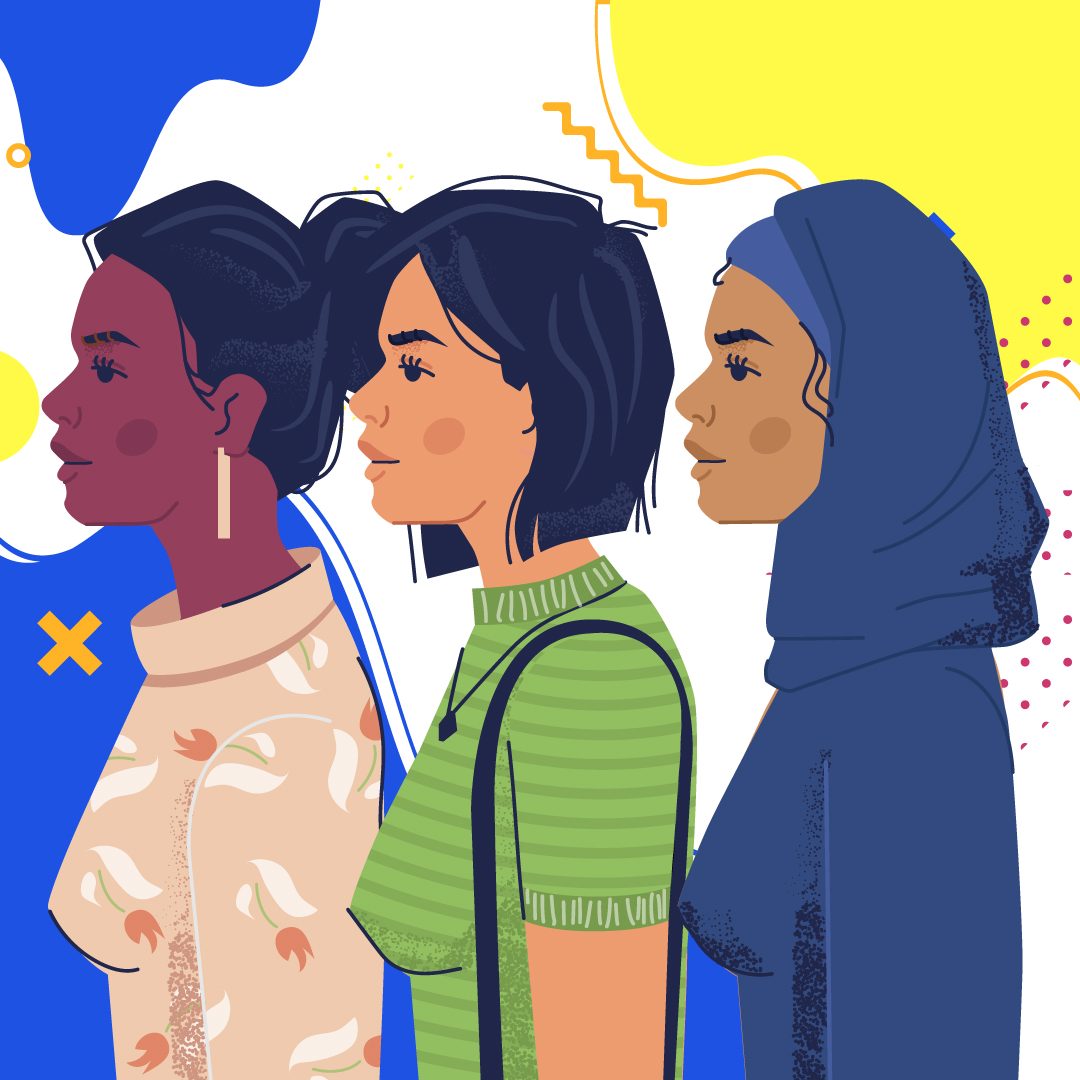
Editor’s note: This content is sponsored by Unilever and was produced by BrandRap, the sales and marketing arm of Rappler. No member of the news and editorial team participated in the production of this piece.
Aside from our cultures and the mainstream media, brands hold a powerful influence on the way we see beauty. It’s especially true when it comes to products we use to take care of our bodies.
The images of men and women they put on shampoo bottles, the labels they put on their soap packaging, the models and narratives they feature on their advertisements all affect the way we perceive ourselves.
Straight hair, fair skin, slim body – we have all been wired to think that these are what’s normal. So when products that were made for curly hair, morena skin, and bigger women started propping up, they had to be placed in a different category like the “plus size” section.
It has been a long and arduous journey but we are slowly getting there. Fortunately, more and more brands are now promoting strong instead of simply straight hair, even-toned skin instead of fair, and a healthy physique instead of just a slim one.
Making the conversation mainstream
One of the biggest beauty brands in the world, Unilever recognizes the important role they play in defining what beauty means for most people.
As a major first step, they won’t be using the word “normal” in any of their beauty and personal care brands’ packaging and advertisements as part of their “Positive Beauty” vision. This is following a 10,000-person study that Unilever commissioned which found using “normal” to describe hair or skin makes most people feel excluded.
This is just one of the many steps they’re taking.
Unilever also commits that they “will not digitally alter a person’s body shape, size, proportion or skin color in its brand advertising; and will increase the number of advertisements portraying people from diverse groups who are underrepresented.”
This is an approach that Dove has been doing in the past years but we will soon see this crossover to the rest of Unilever’s beauty and personal care brands in the Philippines like Close-up, Cream Silk, and Love Beauty & Planet as part of the “Act 2 Unstereotype” campaign.
“Act 2 Unstereotype” is Unilever’s “commitment to systemic change and making end-to-end inclusive marketing a priority.” This move is also based on a study commissioned by Unilever that shows almost one in two people from marginalised communities feel stereotyped by advertising.
“We know that removing ‘normal’ from our products and packaging will not fix the problem alone, but it is an important step forward,” said Sunny Jain, Unilever president, Beauty & Personal Care. “It’s just one of a number of actions we are taking as part of our Positive Beauty vision, which aims not only to do less harm, but more good for both people and the planet.”
Going beyond beauty
Unilever’s goals go beyond beauty. They’re also making significant efforts to produce sustainable products that are not harmful to the planet and its dwellers.
They are working towards regenerating 1.5 million hectares of land, forests, and oceans by 2030, which they say is more land than is required to grow the renewable ingredients in Unilever’s beauty and personal care products.
Unilever is also supporting a global ban on animal testing for cosmetics by 2023. So far, 23 Unilever beauty and personal care brands are now PETA-approved, with more working towards certification.
“In the Philippines, Unilever continues to leverage its scale to drive a positive impact in its communities. In our effort to transform our portfolio of well-loved products to brands with purpose, the Dove Self-Esteem Program, CloseUp Free to Love campaign, and Creamsilk’s #ConditionedForGreater academy, Beauty That Cares, and Shop2Give, are among the many examples of long-standing programs that are taking action on social and environmental challenges and advocating for the evolution of norms, policies and laws,” said Dorothy Dee-Ching, VP Marketing for Beauty and Personal Care, Unilever Philippines. – Rappler.com
Add a comment
How does this make you feel?
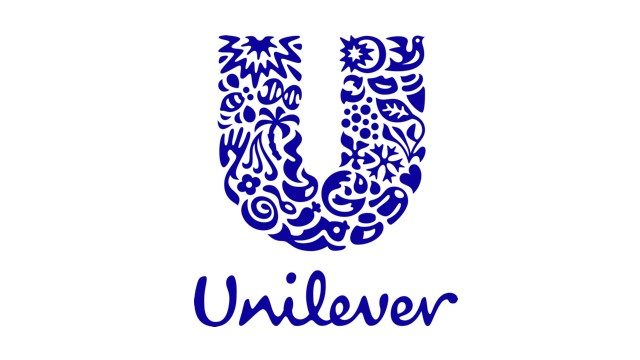
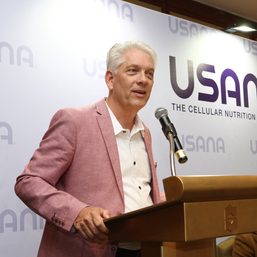

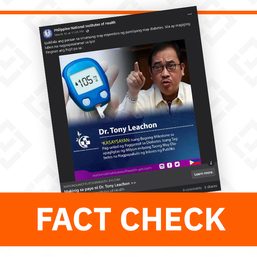
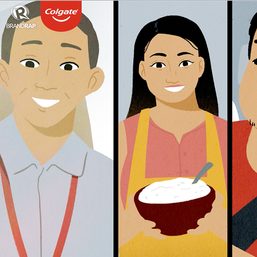
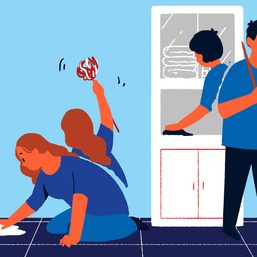
There are no comments yet. Add your comment to start the conversation.